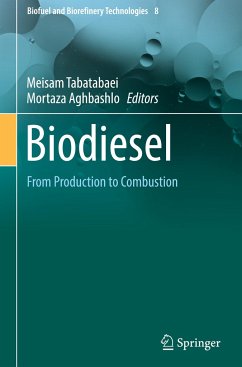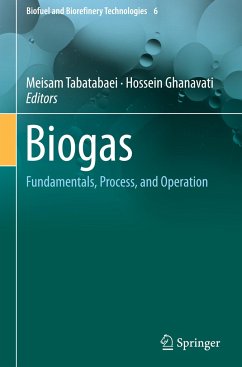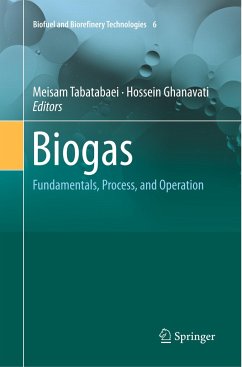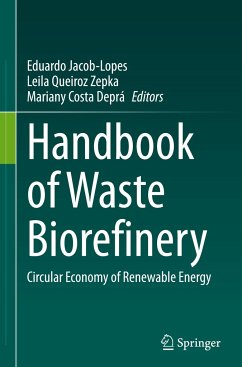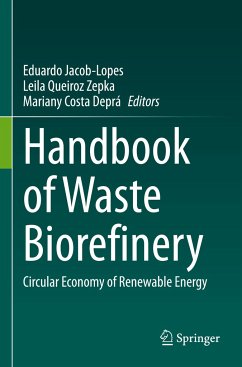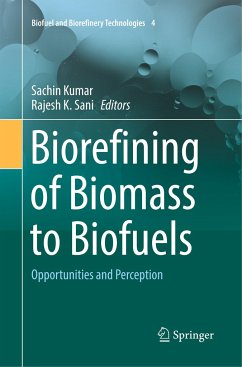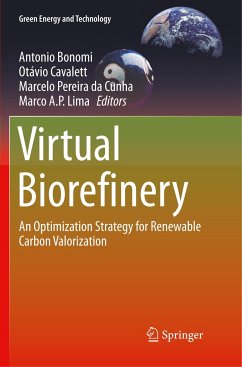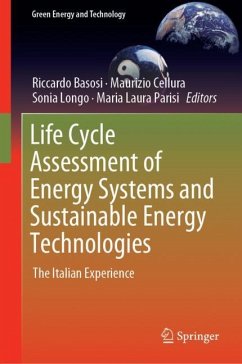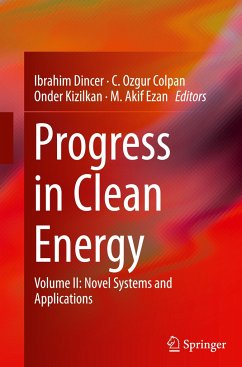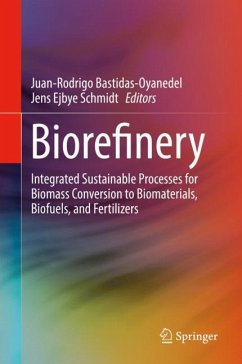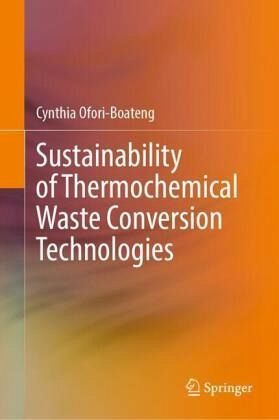
Sustainability of Thermochemical Waste Conversion Technologies

PAYBACK Punkte
65 °P sammeln!
This book elaborates on the sustainability of biofuels and biochemicals production via thermochemical conversion pathways. Sustainability encompasses the social, economic, environmental, political, and thermodynamic efficiencies of a production technology. Assessing the sustainability of wastes conversion pathways would help pinpoint inefficiencies hence improving the process economically, environmentally, and thermodynamically. This book discusses the major sustainable potential feedstocks/waste for thermochemical conversion into bioproducts such as biodiesel and bioelectricity. Though there ...
This book elaborates on the sustainability of biofuels and biochemicals production via thermochemical conversion pathways. Sustainability encompasses the social, economic, environmental, political, and thermodynamic efficiencies of a production technology. Assessing the sustainability of wastes conversion pathways would help pinpoint inefficiencies hence improving the process economically, environmentally, and thermodynamically. This book discusses the major sustainable potential feedstocks/waste for thermochemical conversion into bioproducts such as biodiesel and bioelectricity. Though there exist many pathways for thermochemical waste conversion (such as combustion, gasification, and pyrolysis) which operate on laboratory, pilot and commercial scales, their sustainability indices are scarce as there exist few sustainability assessment tools to help pinpoint inefficiencies. This book assesses the sustainability of various types of thermochemical conversion pathways using technoeconomic analysis as well as exergetic life cycle assessment tools. Common sustainability issues and the way forward for sustainable thermochemical wastes conversion into bioproducts are detailed in this book. For overall sustainability, thermochemical waste conversion process development alternatives are also discussed in this book. Given its scope, this is a valuable resource for renewable energy policy makers, bioprocess researchers in academia and related industries, students studying in the fields of Green Chemistry, Chemical and Mechanical Engineering as well as the general publics who have great interest in biofuels for sustainable development. Almost all books on thermochemical biomass conversion address only the process and new technologies, but few tend to address the technical and thermodynamic issues pertaining to sustainability due to the use of fossil fuel in the manufacturing process. This book bridges this knowledge gap, and subsequently outlines specific exergetic improvement options for biofuel and biochemicals production which is scarce in literature. This book assesses the sustainability of bioprocess technologies in a more concise manner for students to understand and apply the knowledge in their future engineering careers.



